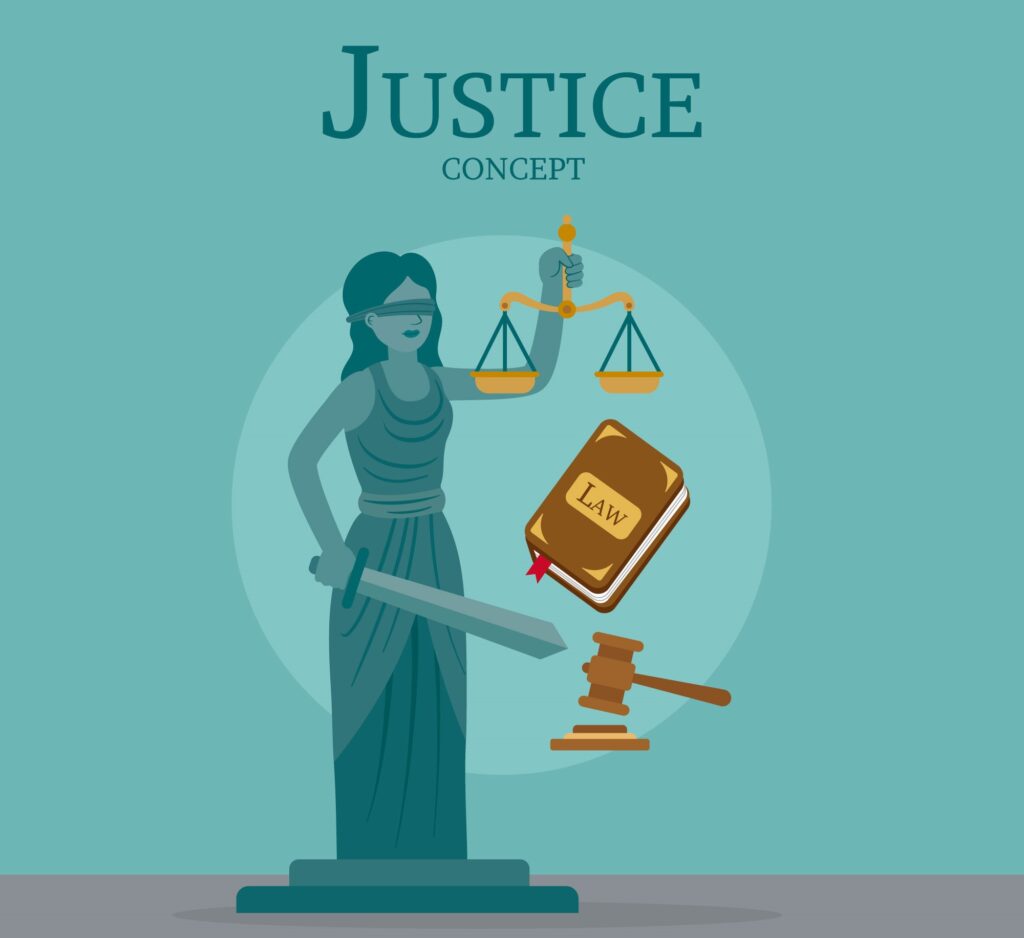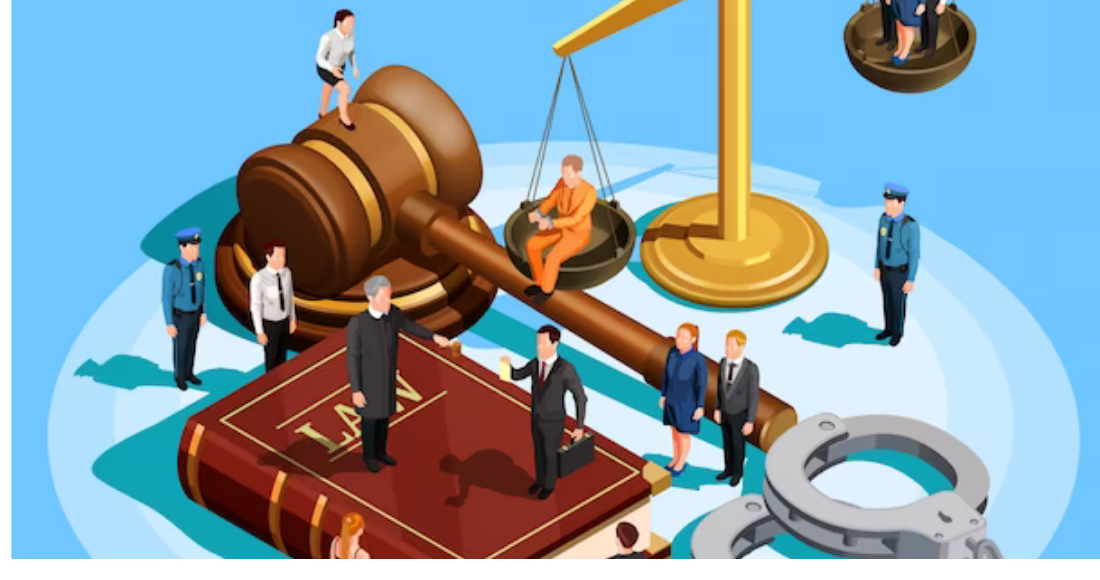Justice look like examples that inform us about human society, embodying notions of fairness, equity, and protection of rights. Justice is a fundamental concept that underpins the functioning of societies around the world. It embodies the principle of fairness, equality, and the protection of rights for all individuals. But what does justice actually look like in practice? In this article, we will explore five powerful examples of justice in action that showcase how societies have strived to achieve this ideal.
Examples of Justice
Justice is an essential pillar of any civilized society, ensuring that individuals are treated equitably and their rights are protected. Let’s delve into diverse examples that portray the multifaceted nature of justice.
1. Criminal Justice
- Fair Trials: Ensuring accused individuals have access to unbiased trials, legal representation, and a chance to present their defense.
- Innocence Projects: Organizations working to exonerate wrongfully convicted individuals through DNA evidence and legal advocacy.
2. Social Justice
- Affirmative Action: Policies aimed at rectifying historical inequalities by providing marginalized groups with better opportunities in education and employment.
- Income Equality Measures: Implementing policies that bridge the income gap and provide a safety net for the most vulnerable.
3. Environmental Justice
- Pollution Control: Regulations to prevent disproportionate pollution in marginalized communities.
- Indigenous Land Rights: Recognizing and respecting indigenous communities rights to their ancestral lands and resources.
4. Restorative Justice
- Victim-Offender Mediation: Bringing together victims and offenders to discuss harm, make amends, and foster healing.
- Community Service: Allowing offenders to contribute positively to society as part of their rehabilitation.
5. Economic Justice
- Living Wage: Ensuring that all employees receive a wage that covers basic needs and promotes a decent standard of living.
- Debt Relief: Measures to alleviate the burden of unmanageable debts on individuals and families.

6. International Justice
- International Criminal Court: Prosecuting individuals for genocide, war crimes, and crimes against humanity on a global scale.
- Human Rights Treaties: International agreements that protect and uphold human rights across borders.
7. Educational Justice
- Equitable Access: Ensuring that all students, regardless of background, have access to quality education.
- Special Education Services: Providing tailored support for students with disabilities to facilitate their learning.
8. Racial Justice
- Police Reform: Implementing changes in law enforcement practices to prevent racial profiling and excessive use of force.
- Diverse Representation: Promoting representation of all racial and ethnic groups in media, politics, and other spheres.
9. Gender Justice
- Equal Pay: Ensuring that individuals receive equal pay for equal work, regardless of gender.
- Women’s Empowerment: Initiatives that promote gender equality, access to education, and reproductive rights.
These examples underscore the significance of justice in creating harmonious societies. Justice takes on various forms and requires continuous efforts from governments, organizations, and individuals alike. By championing these diverse forms of justice, we move towards a fairer and more inclusive world for everyone.

